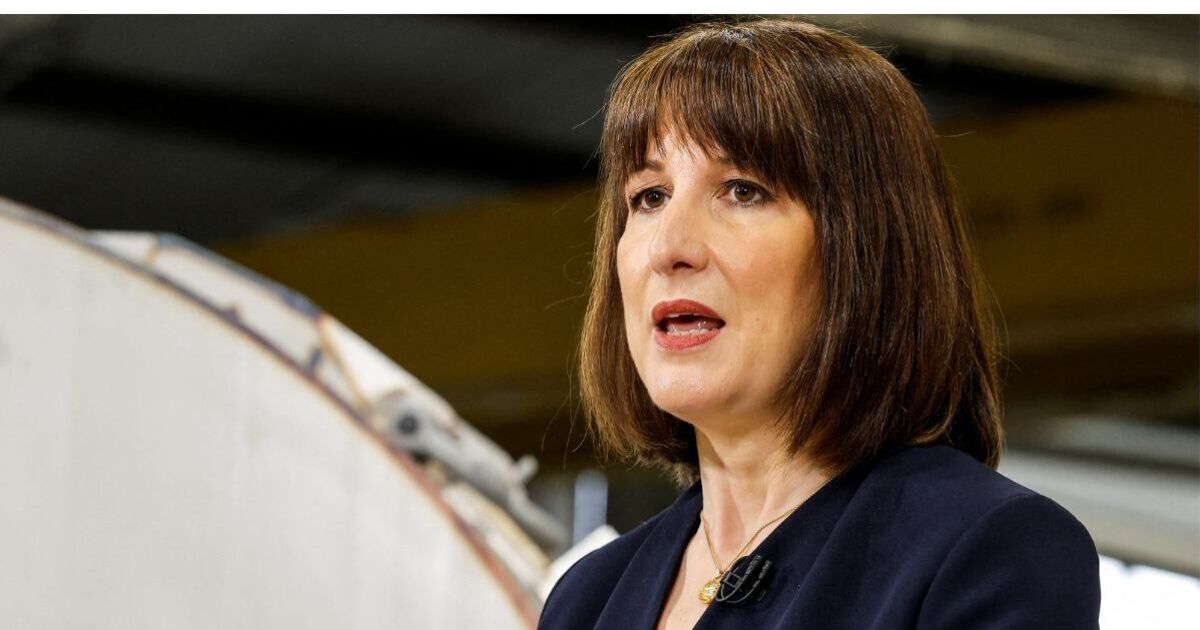The introduction of higher rates of vehicle excise duty (VED) – also known as road tax – from 1 April could halt the UK’s booming secondhand electric vehicle (EV) market.
Demand for used battery electric cars soared by 57.4% to a record 188,382 last year according to The Society of Motor Manufacturers and Traders (SMMT).
Sales of secondhand EVs accounted for 2.5% of all car sales in the UK,compared to 1.6% a year earlier.
But EV drivers will become subject to the duty for the first time from April 1, from £10 in the first year and then £195 per year afterwards.
Drivers of cars worth more than £40,000 will pay an additional supplement of up to £620 per year.
Someone buying a secondhand EV will also pay the supplement if the car they buy is under seven years old.
Mike Hawes, chief executive of the SMMT, said the UK’s strong market for secondhand EVs “cannot continue to be taken for granted”.
He added:”Especially given that from April, many EVs registered in the new car market will be subject to vehicle excise duty and the expensive car supplement – drastically increasing ownership costs during the first six years of a vehicle’s use and therefore likely to impact on the used market.”
Hawes urged Chancellor Rachel Reeves to scrap or at least reduce the duty on EV sales.
He said: “Exempting EVs from the supplement – or at least, raising the eligibility threshold, which has remained unchanged since 2017 – would therefore remove a substantial disincentive for both new and used buyers.”
The UK’s used car market grew by 5.5% to total sales of 7,643,180 in 2024, according to the SMMT.
In 2024, 400,488 more vehicles changed hands than in 2023, with growth in the new car market fuelling availability and wider choice within the used sector.
The SMMT said sales rose in every month in 2024, as they did in 2023, with sales between October and the end of December up 4% to 1,746,051 vehicles












